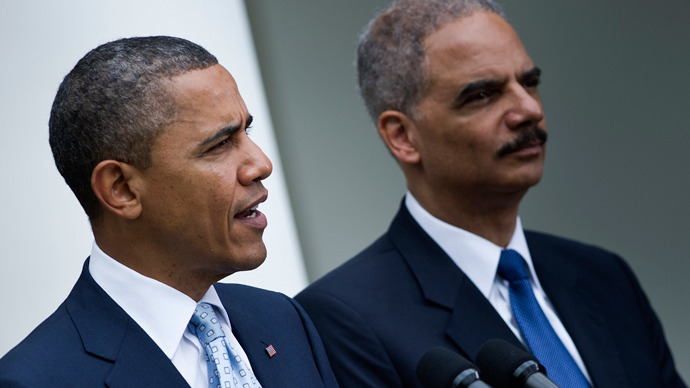National security letters deemed unconstitutional

A United States federal judge has declared that the super-secret national security letters that let the government garner info on Americans without their consent are unconstitutional.
The Federal Bureau of Investigation has issued hundreds of thousands of NSLs to private businesses in order to obtain sensitive information on clients without waiting for a warrant or subpoena. Unlike those options, though, NSLs involve next to no oversight. Instead all that’s required is that a Special Agent in Charge signs off and says that the information is relevant to an investigation.
On Friday, though, US District Judge Susan Illston said she thought NSLs were illegal and ordered the government to stop issuing them.
“We are very pleased that the Court recognized the fatal constitutional shortcomings of the NSL statute,” Electronic Frontier Foundation Senior Staff Attorney Matt Zimmerman tells Wired. The EFF is currently representing a telecommunication company that’s fighting an NSL received back in 2011, but under Judge Illston’s ruling telecoms won’t be required to hand off intelligence to the government anymore.
“The government’s gags have truncated the public debate on these controversial surveillance tools. Our client looks forward to the day when it can publicly discuss its experience,” says Zimmerman.
Although NSLs are nowhere near as well-known as other types of orders used to obtain information, they are issued with relatively high frequency. Earlier this month, Google revealed that it receives anywhere from zero to 999 letters a year since 2009, but declined to give an actual figure since the Justice Department fears “releasing exact numbers might reveal information about investigations.”
If a telecom or Internet company is given an NSL, they are usually compelled to give the government account details about certain customers. Without relying on court approval, though, those requests can be issued with ease, raising concerns from many that the government is operating in secrecy to spy on Americans.
Speaking with RT last year, WikiLeaks editor Julian Assange said “hundreds of national security letters every day” are being issued by the US government.
“Once the FBI is able to do this snooping, to find out who Americans are communicating with and associating with, there’s no remedy that makes them whole after the fact. So there needs to be some process in place so the court has the ability ahead of time to step in,” Zimmerman told Wired last year.
After making her ruling on Friday, Judge Illston also granted a 90 day stay to ensure that the government has ample time to ask for an appeal.












